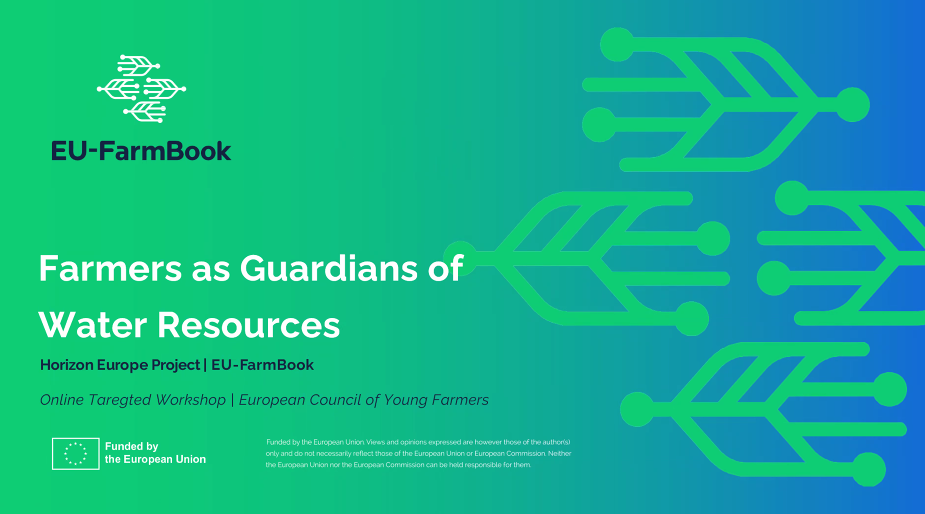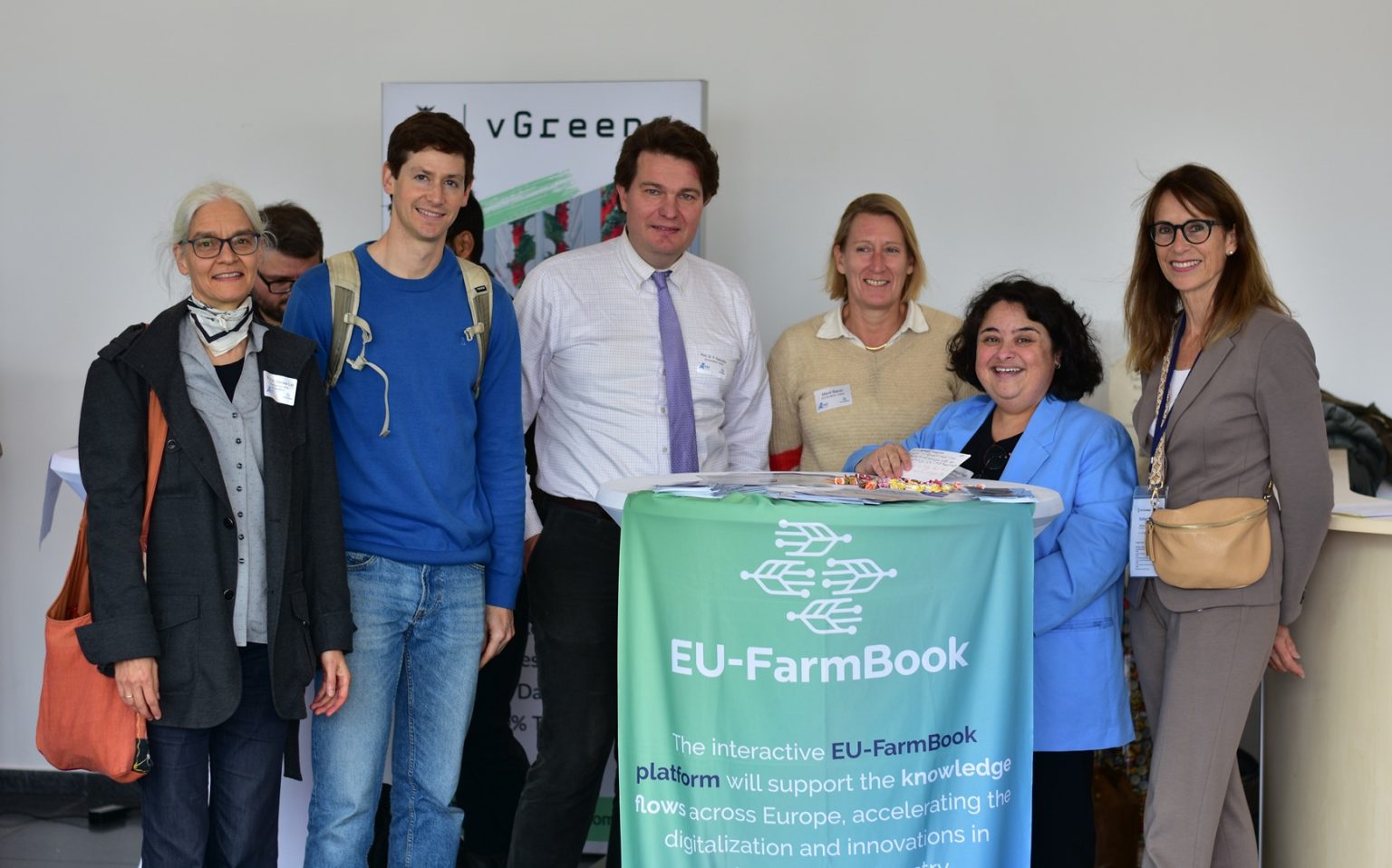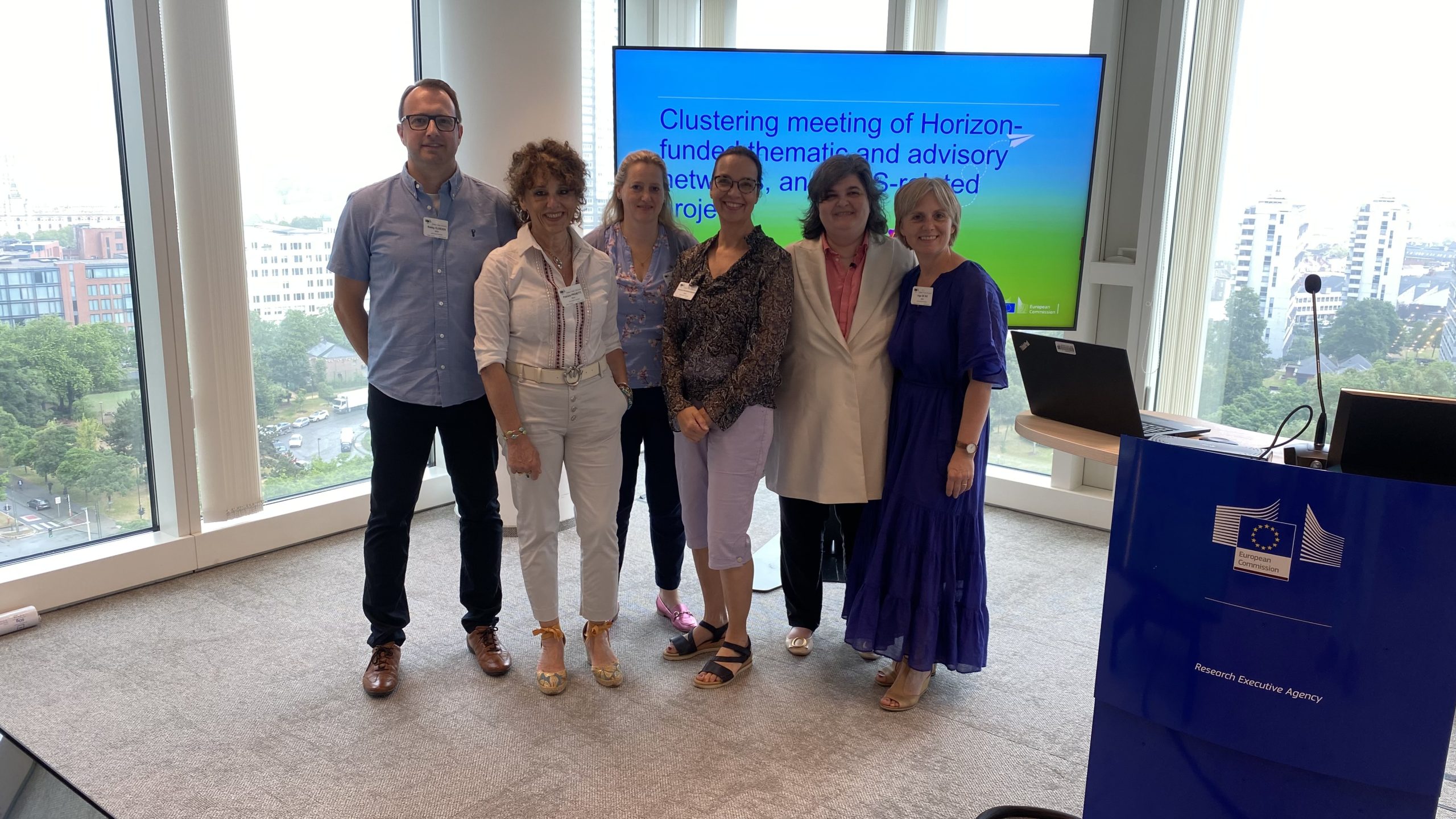Farmers as Guardians of Water Resources: EU-FarmBook Workshop Showcases Real-World Solutions for a Changing Agricultural Landscape

On 14 April 2025, the EU-FarmBook project hosted their first Online Targeted Workshop on “Farmers as Guardians of Water Resources”. The event brought together a diversity of participants—young farmers, researchers, policymakers, and advisors — to explore how agricultural water management must evolve to meet both environmental and farmer needs.
Real Exchange, Real Impact
Moderated by Mario Béjar Fuentes, Senior Project Manager at CEJA (European Council of Young Farmers), the workshop combined expert-led discussions with lived experiences from the ground.
“This workshop was about more than policy or research — it was about listening to young farmers and empowering them to co-create the knowledge they need to adapt,” said Mario. “The future of water management depends on collaboration, clarity, and turning experience into action.”
Knowledge Gaps and the Need for Practice-Oriented Tools
The first session, introduced by Gregorio Dávila Díaz (DG AGRI), set the tone by underscoring water’s vital role in agriculture—accounting for up to 80% of consumption in southern EU regions. He pointed to a growing mismatch between knowledge production and uptake on farms, particularly around nature-based solutions, crop choice, and digital irrigation tools.
Participants in a live poll identified efficient use of technologies and climate-resilient crop selection as the two most complex knowledge gaps.
Stories from the Field
Three young farmers — Martina Dal Grande (Italy), Hanna Jarosławska (Poland), and Michiel Sys (Belgium)—shared their experiences managing water on their farms. Their testimonies captured the diversity of regional realities, from drought and infrastructure limitations to regulatory frameworks and collective solutions, offering a grounded picture of the challenges young farmers face in water management across Europe.
Governance and Farmer Involvement – Insights from Teagasc
Mary Ryan, from Teagasc, Ireland’s Agriculture and Food Development Authority, delivered a powerful session on the behavioural and socio-economic factors influencing farmer action.
Drawing from Ireland’s ASSAP advisory programme, she presented data on over 8,000 farm assessments, showing that farmers are more likely to adopt water protection measures when:
- They understand the environmental impact.
- They have peer support.
- And when the costs—financial, time, or effort—are manageable.
Her key message: to reach water quality targets, policy must address human behaviour as much as technical measures.
A Vision for 2050 – AQUAGRI-KNOW in Action
Maria Calderó Pascual, from BETA Technological Centre, introduced the AQUAGRI-KNOW project, a collaborative effort across five countries focused on water-smart farming systems. She presented the project’s methodology and highlighted how integrated water reuse, soil-water interfaces, and context-specific governance can build more resilient agricultural systems.
→ Access Presentation
Following her presentation, Matteo Pagliarani, Vice President of CEJA, offered a youth perspective on the future of water management, emphasising the need for better access to data, innovation support, and meaningful involvement in decision-making for young farmers across Europe.
From Dialogue to Contribution
The workshop wrapped up with a strong call to action:
→ Turn discussion into content.
→ Turn insight into tools.
→ Contribute to the EU-FarmBook.
All participants were encouraged to share materials that help translate innovation into practice — from factsheets and decision tools to short videos and guides.
📢 Want to Contribute?
The EU-FarmBook platform is actively collecting practice-oriented materials from EU-funded projects. If you’re working on water-related innovation or practical solutions that deserve visibility—get in touch!



